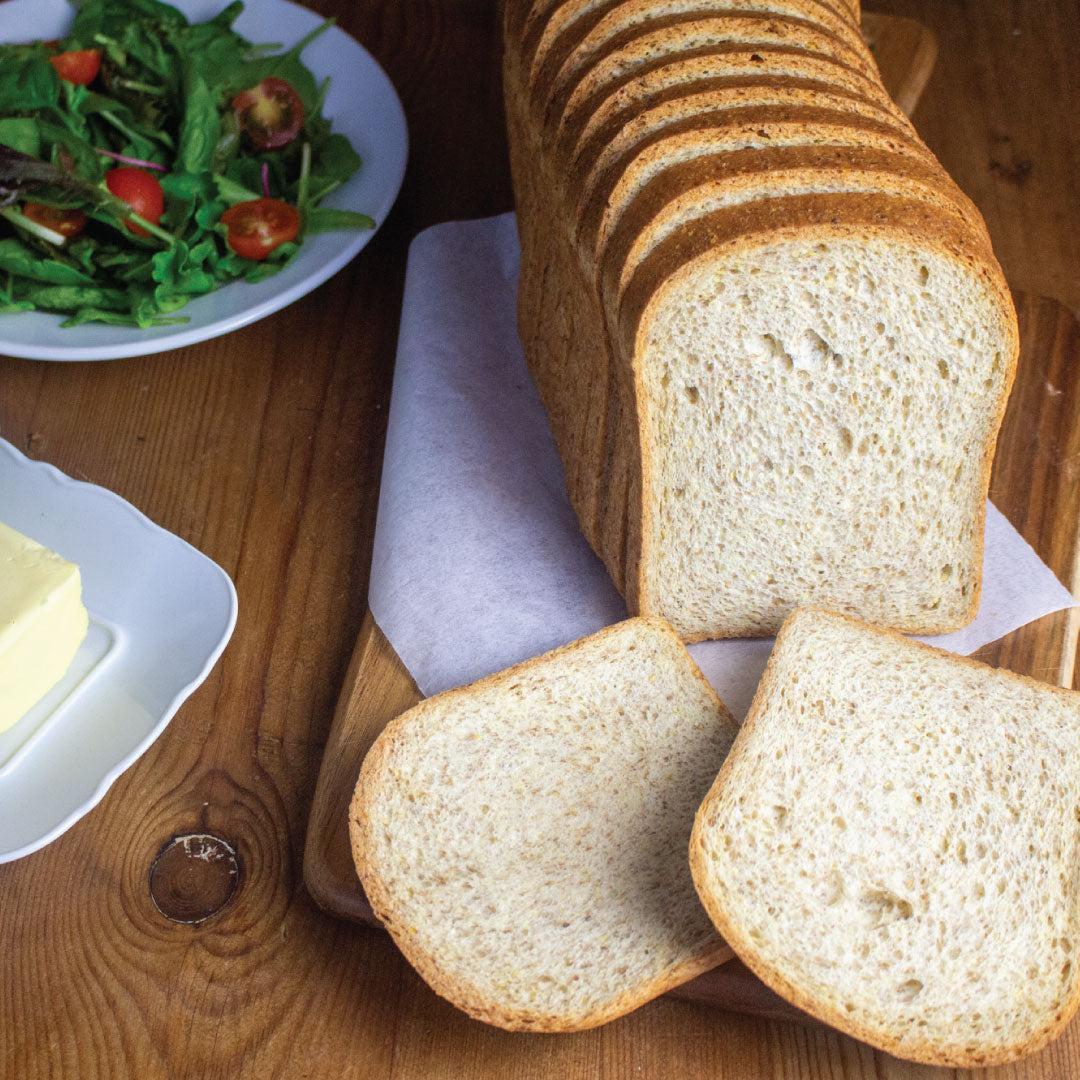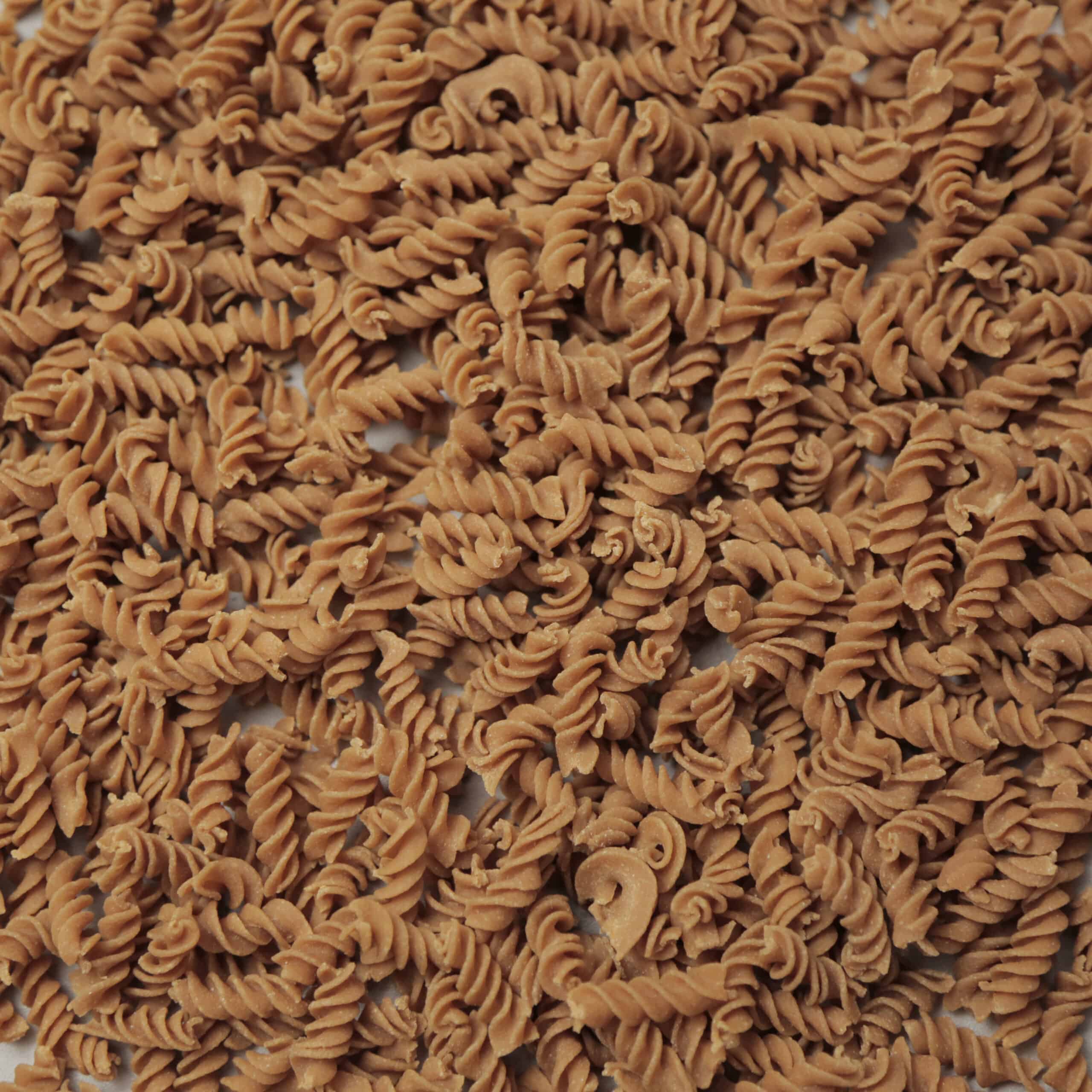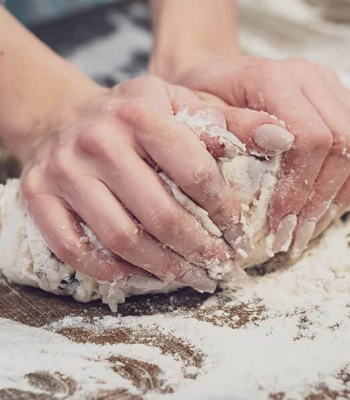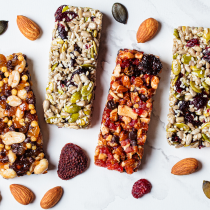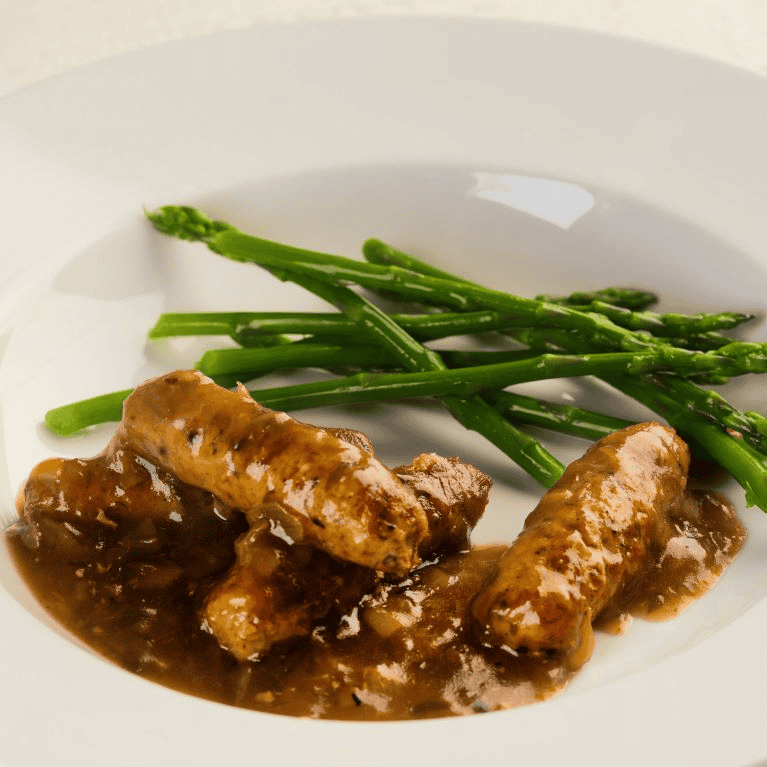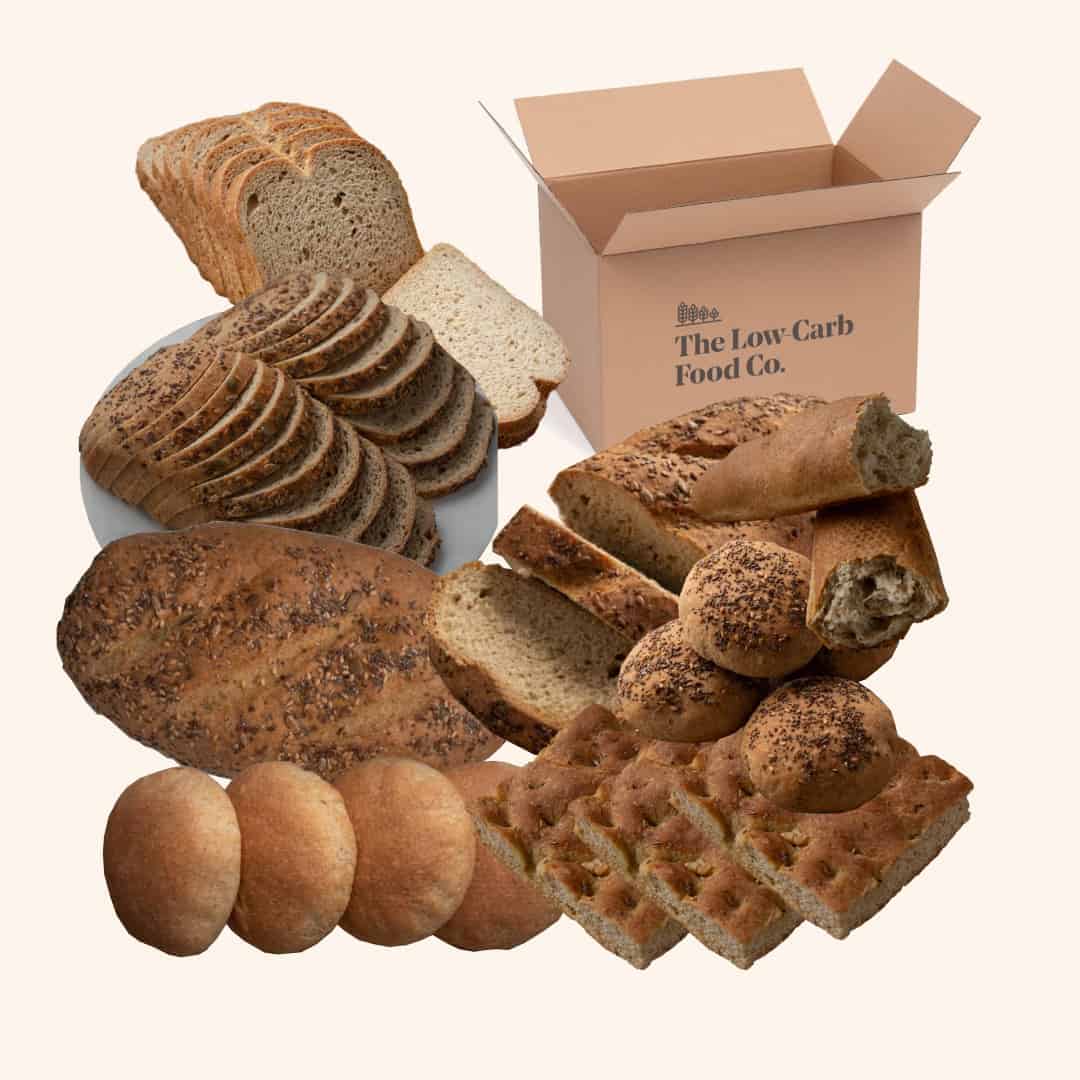Writer and PR consultant Alice Dogruyol, 44, spent years yo-yo dieting and trying to stave off type 2, only to learn in her 40s she had type 1.
As I struggled with fluctuating weight over the years, I always had a worry I had the potential to eat myself into type 2 diabetes. So, I kept a close eye on my diet, fitness and blood glucose tests. But, in March 2017, just before my 40th birthday, I was horrified to find I’d tipped into the pre-diabetic range.
My GP gave me a stern talking to, I remember her worlds clearly:
“You are pre-diabetic but you can stop this from turning into diabetes if you lose weight. Imagine you have a loaded gun pointed at your head and your lifestyle and diet choices can pull the trigger, or not”
Mission to save my health
I left feeling shocked, confused, terrified and ashamed of myself for having got into this situation. I didn’t think my diet or lifestyle were that bad. I didn’t consume junk food, fizzy drinks or alcohol. Other people around me had horrible dietary habits and wider waistlines yet they didn’t have diabetes…
I took my GP’s words seriously and read every book I could find on reversing type 2 diabetes. I continued with alcohol abstinence, reduced carbs massively, tried a ketogenic diet, practiced intermittent fasting, tried green juice fasting as well as the 800-calories-a-day diet. I lost lots of weight, but much to my dismay, in October 2018, despite 18 months of my best efforts, I was officially diagnosed with type 2 diabetes. The trigger had been pulled. Somehow, my efforts to reverse type 2 diabetes had failed.
I was devastated and full of self-loathing. I didn’t want to tell a soul, and I was more determined than ever to put it in remission without anyone ever knowing.
I was given a drug called metformin to help improve insulin sensitivity and reduce blood glucose. I bought myself a home blood glucose finger-prick monitor, and I was on my way. And the low-carbohydrate strategy was going well, the weight continued to drop off.
Danger zone
Seven months after my diagnosis, I had a period of overindulgence. I missed being able to eat whatever I wanted and didn’t feel great, even after all my diligent dieting. I was losing faith in my diabetes type 2 reversal plan. I gave myself some time out and permission to eat whatever I wanted. Little did I know how dangerous this would be.
I developed an unusually ravenous thirst, extreme tiredness and sugar cravings. I’d never experienced anything like it. The thirst came on fast, within 24 hours I became trapped in a vicious cycle of drinking water and running to the bathroom day and night. My vision began deteriorating, sometimes so blurry I couldn’t see words on my computer screen. I went out and bought some prescription glasses to try and help.
A blood test confirmed that my blood glucose level was very high. The GP’s advice was to get back on my low-carb diet, keep taking the metformin and keep losing weight.
Kicking out carbs
I knew that I had to do something drastic to turn things around – I didn’t want to go blind! So, I decided to give up carbohydrates completely.
I threw every carb in my kitchen into a bag to give to my neighbour – all the healthy wholefood carbs I’d been eating, such as lentils, oats, brown rice, even fruit and frozen berries. I filled my fridge with keto-friendly foods, containing as close to zero carbohydrates as possible, stocking up on healthy fats and protein, instead.
Slowly but surely the thirst and bathroom visits reduced, and my eyesight, energy and focus improved. I wouldn’t let even a crumb of carbohydrate into my mouth, not a splash of teriyaki or soya sauce on my salmon. It was hard, but it worked. I felt like I was winning. But, I found sticking to a clean ketogenic diet difficult. The carbs started to creep back in. Even so, my weight continued to drop.
Frustration hits
In March 2020, I got Covid very badly – I was ill for six weeks. My breathing deteriorated so badly that I was on the verge of going to the hospital. Thankfully, with large doses of vitamin C, vitamin D, zinc and other home-health hacks, I recovered. I didn’t have long Covid symptoms, but my blood glucose levels became more difficult than ever to manage. Even on no carb days I would wake up with an inexplicably high blood sugar reading.
My weight continued to reduce, but I still wasn’t feeling good. My breath started smelling funny and I had an unpleasant feeling in my tummy and throat. I put it down to being on a low-carb diet and I used mints and mouth wash to mask it.
As the first lockdown Christmas approached, I started to get really fed up. I hadn’t seen a GP face-to-face for more than a year. I was taking metformin as prescribed. I was trying my best not to eat carbs and was losing weight steadily, doing all the things the experts said. But I felt like I was getting nowhere with my type 2 diabetes reversal plan. In frustration, I gave myself a break at Christmas to enjoy eating carbs.
Gorging on chocolate
I craved a family-size bar of good quality milk chocolate and some white crusty French bread and butter. After the first glorious bite of chocolate, I was hooked. I devoured the whole bar. Over the next hour, my blood glucose soared to more than 25 mmol. My hands started throbbing, sending shooting pains up my arms. I felt like I was dying.
After an hour of feeling like this, I called my GP and managed to get an emergency phone call with a doctor I’d never met before. He listened to my whole diabetes story, how I had done everything I was supposed to, how the metformin didn’t seem to work, how I’d lost around five stones but was still feeling awful. I started sobbing down the phone. I’d tried everything to reverse this condition but nothing was working. I got kind words of motivation to stick to my diet and perhaps I was suffering from lockdown blues and maybe I should try therapy or antidepressants.
I knew I wasn’t suffering with depression, so made a phone appointment with the diabetic nurse. She suggested a new drug to stop the body metabolising sugar. I explained I avoid sugar and carbs already, but I was willing to try anything. I asked if there could be anything other than type 2 diabetes wrong with me. She said it was very unlikely but I could test for type 1 diabetes to put my mind at ease. I then asked the NHS for a blood test but was told it wouldn’t be offered as it was an unnecessary test.
Testing for type 1
I went to my local private hospital and paid the £120 for a type 1 GAD antibody blood test. In early January, I got the results. It was positive for GAD antibodies. This changed everything.
I was scared but also relieved; I finally understood why my mission had failed and why, despite the weight loss, I felt like I was dying. I had type 1 diabetes, not type 2. I was not insulin resistant, but instead my insulin production system had ground to a complete halt.
I sent the results to my GP who called me immediately saying:
“Surprisingly, it looks like you are presenting with much more of a type 1 picture than a type 2 picture and you need to see an endocrinologist immediately”
I used my private medical insurance to see a top diabetes doctor the next day. She diagnosed me with type 1 diabetes, and couldn’t believe I’d been living with such a serious misdiagnosis for so long. I caught it just in time.
I was in the early stages of diabetic ketoacidosis, a life-threatening complication of diabetes when you produce high levels of ketones (and blood sugar, a combination that makes your blood too acidic, affecting the function of internal organs. This is not the same as ketosis from a ketogenic diet, which is not harmful as it doesn’t cause acidosis). I was given an emergency appointment and taught how to inject insulin.
So, January 2021 marked the end of my misdiagnosis of type 2 diabetes and the beginning of my life as a type 1 diabetic. If you’ve been struggling like me, thinking you have type 2, please consider getting tested for type 1!
Diabetes blood tests
If you’re worried about diabetes, ask your GP about the following blood tests:
- HbA1c shows your average blood glucose level for the past two to three months. A normal HbA1c reading should be below 42 mmol (6 per cent). “Mine was 84 mmol when diagnosed with type 1”, says Alice.
- Fasting serum glucose test gives a current snapshot of your blood glucose level. A normal level is between 3.9 and 5.4 mmols (70-99 mg/dl).
- (Type 1 only) GAD Antibody — The range is from 0-10.9. ‘My diagnosis was more than 2,000!’ Says Alice.
- (Type 1 only) IA2 Antibody — The range is from 0-7.49. ‘Mine was more than 4,000.’
- (Type 1 only) Zinc Transporter 8 Antibody — The range is from 0-9.9. ‘My result at diagnosis was 907.40!’ Alice adds.
Alice’s top tips!
Here are some of Alice’s weight-loss and blood glucose management hacks that helped her on her journey and continue to do so…
1. Low-Carb Food Company
This is a one-stop shop for delicious low-carb and clean keto foods, snacks, bread and frozen ready-meals — including pizzas! The majority of low-carb breads are still too carby for me and send my blood sugar hurtling upwards. Thanks to Low-Carb Food Co. I can enjoy bread again without needing to inject insulin. The bread has less than half a gram of carbohydrate per slice — a game changer for anyone with diabetes.
2. Amchara Health Retreat
Switch to healthy eating habits by heading to Amchara health retreat in the UK or Malta. Catering for people living with both type 1 and type 2 diabetes, I found it helped me reduce stress, get into exercise routines, curb my appetite, reconnect with nature, and become more mindful of what I was putting into my body. I lost a healthy amount of weight during my three-week stay.
3. The Glucose Revolution
This book and Instagram account (@glucosegoddess) from biochemist Jessie Inchauspé are a constant source of information, inspiration and practical tips on how to keep blood sugar balanced, manage health and promote longevity. Endorsed by Professor Tim Spector, professor of genetic epidemiology at King’s College London, The glucose Revolution book analyses decades of research to help you take control of your health.

